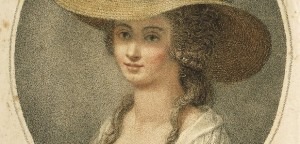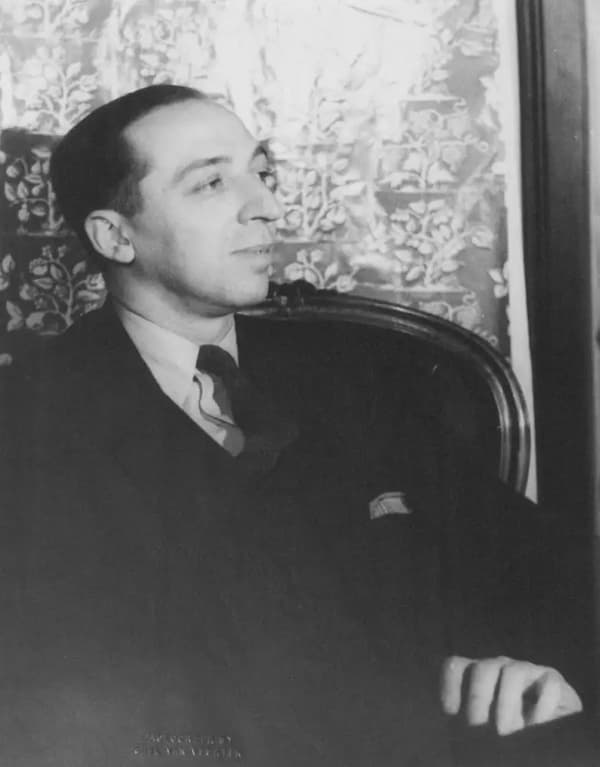
Nancy Storace
Nancy Storace hailed from London—daughter of an Italian double-bass player who had married an Englishwoman—and had started her singing career as a child prodigy at age 12. She received voice lessons from the great castrato Venazio Rauzzini, and soon thereafter accompanied her parents to Italy. Italian opera houses went absolutely crazy over her and according to one anecdote, the jealous castrato Luigi Marchese was so insulted by the applause she received that he demanded she be sacked on the spot. When Nancy arrived in Vienna, she was still only 17 and immediately attracted attention. The government official Count Karl von Zinzendorf wrote, “Storace played the role like an angel. Her beautiful eyes, her white neck, her beautiful throat, her fresh mouth, made a charming effect.” A couple years later, he suggests, “I find the duo between Mandini and Storace so tender and so expressive that it poses a danger to the young members of the audience. One needs to have had some experience in order to see it with a cool head.” And when the Hungarian poet Ferenc Kazinczy saw a performance of The Marriage of Figaro, he reports, “Storace, the beautiful singer, enchanted eye, ear, and soul. Mozart directed the orchestra, playing his fortepiano; the joy that this music causes is so far removed from all sensuality that one cannot speak of it. Where could words be found that are worthy to describe such joy?”
As you might have gathered by now, the role of Susanna in Mozart’s Le nozze di Figaro was specifically written for, and first performed by Nancy Storace. Without doubt, the character of Susanna was based on the lively acting style of Nancy. Furthermore, Mozart made a number of last-minute changes to respond to Storace’s vocal needs. Mozart had first seen Nancy when she made her Viennese debut in Salieri’s La Scuola De’Gelosi. Like the rest of Vienna, he immediately fell in love with her. As far as we know, Mozart remained steadfastly true to his wife, but that did not prevent him from going gaga over Nancy. Nancy and her brother Stephen—a talented composer in his own right—became part of Mozart’s inner circle, and they were frequently at his house.
Wolfgang Amadeus Mozart: “Ch’io mi scordi di te,” K505
When Storace was at the height of her fame, she unexpectedly married the English violinist and composer John Fisher, who beat her up so violently that the Emperor banished him from the city. Singing in the premiere of one of her brother’s operas, she suddenly lost her voice and decided to leave Vienna. She did, however, manage to perform in a farewell concert on 23 February 1787. For this special occasion Mozart wrote the concert recitative and aria “Ch’io mi scordi di te,” K505. Mozart tenderly wrote in his own thematic catalogue “Scena con Rondo for soprano and piano with orchestra for Mademoiselle Storace and me.” Mozart never saw Nancy again; yet he regularly wrote her letters, which regrettably have been lost. She even managed to secure Mozart a commission to come to London and write an opera, but by that time he was just too ill to travel. And by the way, Nancy also met Joseph Haydn, who wrote the cantata “Miseri noi, misera patria” for “the voice of my dear Storace.”
Franz Joseph Haydn: “Miseri noi, misera patria,” Hob. XXIVa


So interesting! Just came upon this. My last name is Storace as well. Although not an opera singer, I have always loved Mozart’s work! Need to do more research on my probable relative Nancy!